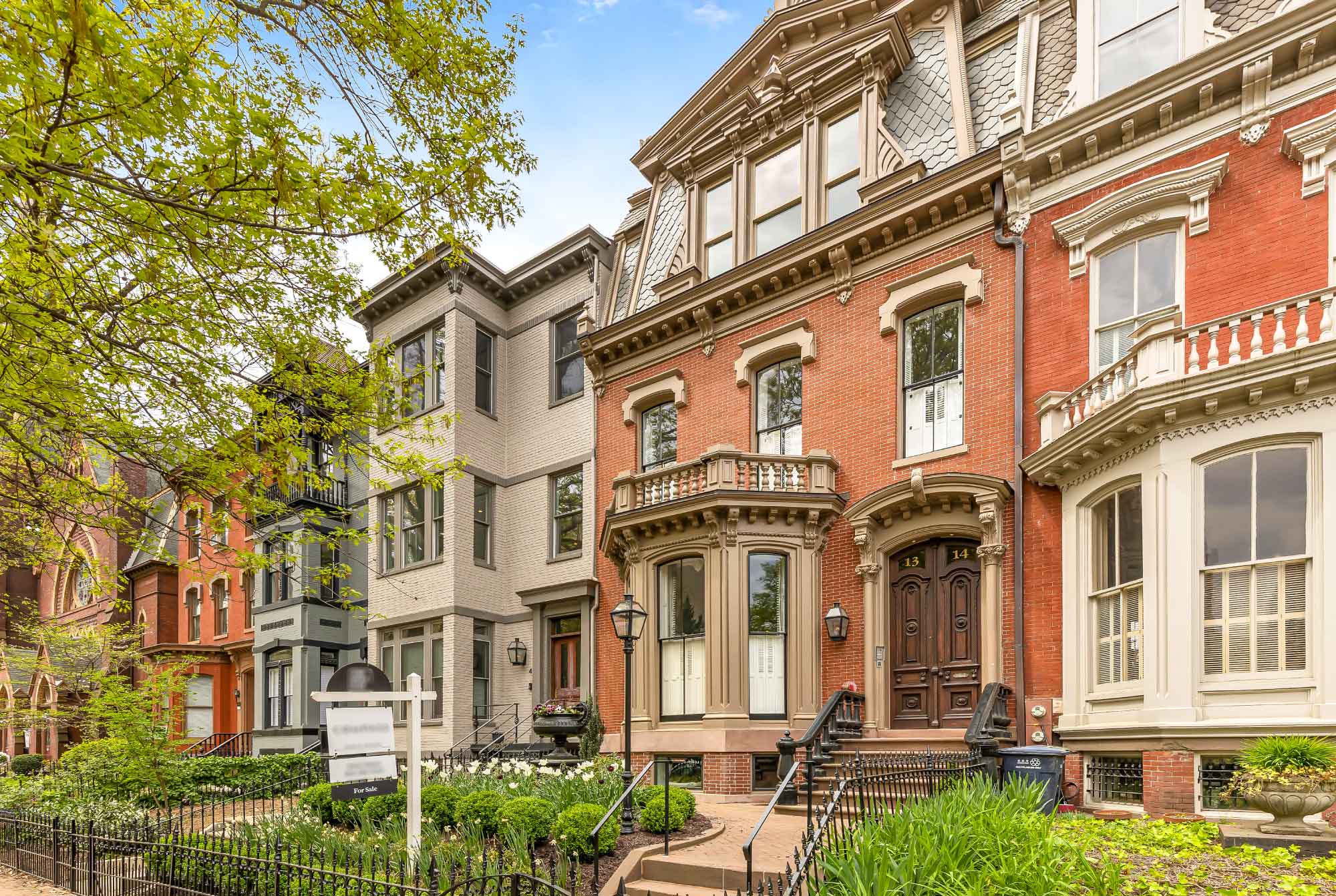Tips For Selling An Investment Property

Owning a rental property can be a great experience…until it’s not. The truth is plain: When it comes to renting out your prized investment, it’s all about the timing. Factors like expenses, property taxes, lease terms, and tenant demand should all play an important role in evaluating how long that latest investment should be a part of your portfolio. The bottom line? When the time is right, you need to act — and with the right approach and preparations, you can make a graceful exit that minimizes disruptions while maximizing results. Keep reading for our top tips on pulling off a smooth rental property sale today!
1. Be Ready For Capital Gains Taxes
When you go to sell a house that’s been your main residence, the profit you make from that sale is usually tax-free. However, the IRS doesn’t extend the same generous capital gains tax breaks to property investors as it does to owners selling a primary residence. In short: You’re playing the same ball game — just with different rules. Chances are, your rental property has increased in value over time, resulting in a capital gain (the profit you earn when you sell) just like any other house. However, since you’ve been renting the property rather than living in it, you won’t qualify for the “use” test of the capital gains exclusion, meaning that any profit you make, even under the $250,000/$500,000 threshold, could be taxable.
2. Defer Capital Gains Taxes With The 1031 Exchange
Maybe it’s time to unload a poor-performing rental property in a declining neighborhood, but you want to try your luck in an up-and-coming area. With the 1031 exchange, you may be able to sell one property and then buy another “like-kind” property with more income potential, without having to succumb to the capital gains tax.
What exactly does “like-kind” mean? Well, you can’t use the 1031 exchange to buy a personal residence that you intend to live in — it has to be another investment property that you plan to rent out or flip. And the clock starts ticking as soon as you’ve sold the first property. You have 45 days to find and identify up to three properties you’re interested in purchasing, and a total of 180 days to close on the chosen property.
➤ For more resources to help you with the sale of your property check out:
- 5 Luxury Renovation Tips To Boost Your Resale Value
- How to Price Your Home to Sell
- 4 Things to Know About Staging
3. Consider Moving In Before Selling
If you don’t want to use the 1031 exchange to parlay your profits into a like-kind property, another option is to move into your rental home before you sell. As long as you live there for at least two years, you’ll pass the IRS’ “ownership and use” tests, which require that you’ve:
- Owned the home for at least two years (the ownership test)
- Lived in the home as your main residence for at two years of the past five years (the use test)
4. Keep Your Word
In the world of real estate rentals, it’s always best to keep your word. What does that mean, exactly? If your rental property is occupied when you decide to sell, one option would be to negotiate with the tenants and offer an incentive for them to vacate. But if they’re intent on staying put, or if you have a good tenant and want to use that as a selling point, you’ll want to respect the terms of the lease.
In most states, the lease agreement will be transferred with the sale and the new owner can only make changes after the current lease has expired. If your tenants are month to month, you can choose to give them notice to vacate. Before you make your move, always check to see what the rules are in your state!
➤ To learn about the other side of the transaction check out this blog.
5. Evaluate the property for needed repairs (hint: they’re tax deductible!)
It might be tempting to get a rental property off your hands as quickly as possible by listing it right away, regardless of what issues might be lurking behind closed doors. And you might get lucky enough to find an investor who wants a house that needs some work in exchange for a better deal…but it also might be worth your while to fix that leaky faucet, jammed window, or creaky door before you sell. Our advice? When deciding whether or not to spend the time and money on a repair before listing, ask yourself these questions:
- What’s the condition of the real estate market? Is it a low-inventory seller’s market, where buyers are more likely to forgive undone repairs, or are you competing against many other properties at your price point?
- Will you need to work around tenants to make the repairs?
- Do the repairs require the property to be empty, thus sacrificing rental income?
6. Hire an investor-savvy real estate agent to market your property
Thinking about trying to sell an investment property yourself? Think again. Chances are, the marginal amount you’d save on commission costs (about 5.8%, per the national average) would pale in comparison to the higher price that a real estate agent would fetch. Not to mention the stress of having to manage a complex sale entirely on your own!
➤ Click here to learn about what to look for in an agent!
Seeking the right agent to help you sell your investment property today? We’re just a few clicks away.
Put Us To Work For You
Book a consultation with our team today.
